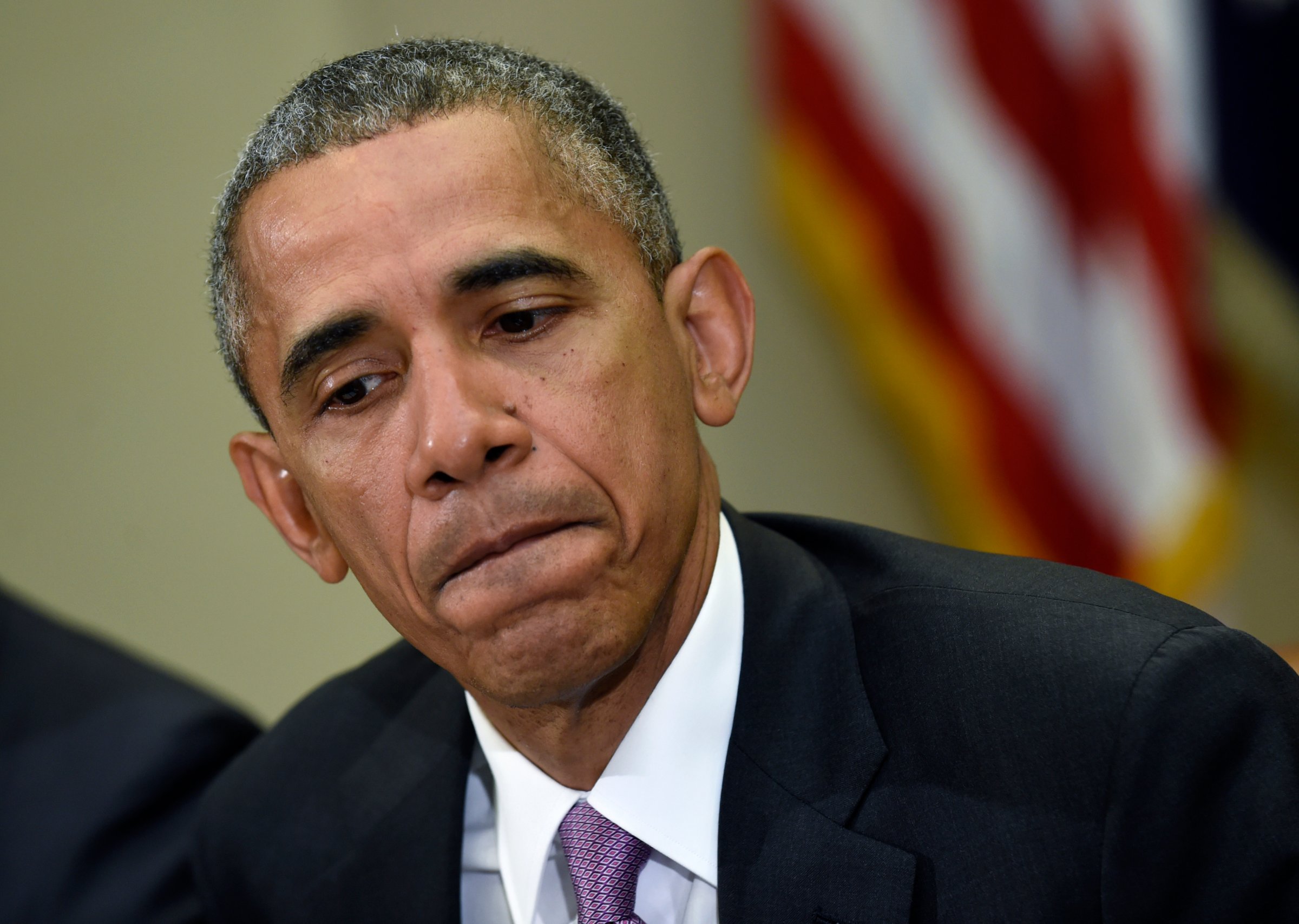
President Obama’s trade agenda overcame a setback Wednesday in the Senate, showing a blocked vote 24 hours earlier was more of a negotiating strategy by centrist Democrats than a death-blow to the prospects for a trans-Pacific trade deal.
Given the stakes, that’s not entirely surprising: the single biggest factor in how well most human beings live in 20 years will be the economic balance of power between China and the U.S. Figuring out how best to set that balance to America’s advantage is what the Senate debate is all about.
The Trans-Pacific Partnership is being negotiated in secret and few know what is actually in it. But the general purpose is to get 12 countries in Asia and the Americas, which together account for 40% of the world’s production of goods and services, to agree to a broad set of rules for trade and business. Supporters say standardizing those rules would make it easier for Americans to sell things abroad and cheaper to buy things here.
At the same time, China, India and other countries that aren’t part of the TPP talks are trying to cut their own deals to give their companies and consumers an edge. Whoever does it best gets the most benefits, the argument goes.
Opponents of the deal say these so-called “efficient markets” are just jargon for cutting corners on labor, environmental and human rights standards. Competing with China to cut trade deals ends up being a race to the bottom, they say. Instead, they argue that Americans would do better if the Obama Administration set high standards even if that made it harder to compete with other countries.
The problem with that argument is that as China grows ever-more powerful, the world is increasingly happy to ignore high American standards in favor of lower Chinese ones. China’s economy currently produces around $9.24 trillion of goods and services every year; the U.S. weighs in at around $16.7 trillion. Depending on growth rates and inflation, China will likely have the largest economy in the world in a few years and by 2035 it could be way ahead.
That translates into power and influence. Already American allies and enemies alike have shown they will side with China when there is cash at stake. In March, for example, the UK, France, Germany and Italy all defied the U.S. to join a Chinese led development bank.
So how do you set standards and protect American workers while making it easier and cheaper for them to prosper? The centrist bloc of Democrats that stymied Obama yesterday say they want to take a middle path, offering other countries the opportunity to have cheaper trade with the U.S. with somewhat higher standards. The centrists say they’ll vote to pass “fast track” authority if the U.S. also punishes certain kinds of corner-cutting that give countries an unfair advantage in the international markets, such as currency manipulation, lax labor standards and other bad behavior.
Ideologically, that’s not very different from Obama’s position. Which explains why the jubilation on the left after yesterday’s vote was premature. Centrist Democrats reportedly met with the White House to discuss a compromise on tougher standards that would allow “fast track” authority to move ahead. By mid-afternoon Wednesday, a deal had been struck.
Whether that will ultimately keep America competitive with the fast-growing China is another question.
More Must-Reads From TIME
- The 100 Most Influential People of 2024
- The Revolution of Yulia Navalnaya
- 6 Compliments That Land Every Time
- What's the Deal With the Bitcoin Halving?
- If You're Dating Right Now , You're Brave: Column
- The AI That Could Heal a Divided Internet
- Fallout Is a Brilliant Model for the Future of Video Game Adaptations
- Want Weekly Recs on What to Watch, Read, and More? Sign Up for Worth Your Time
Contact us at letters@time.com